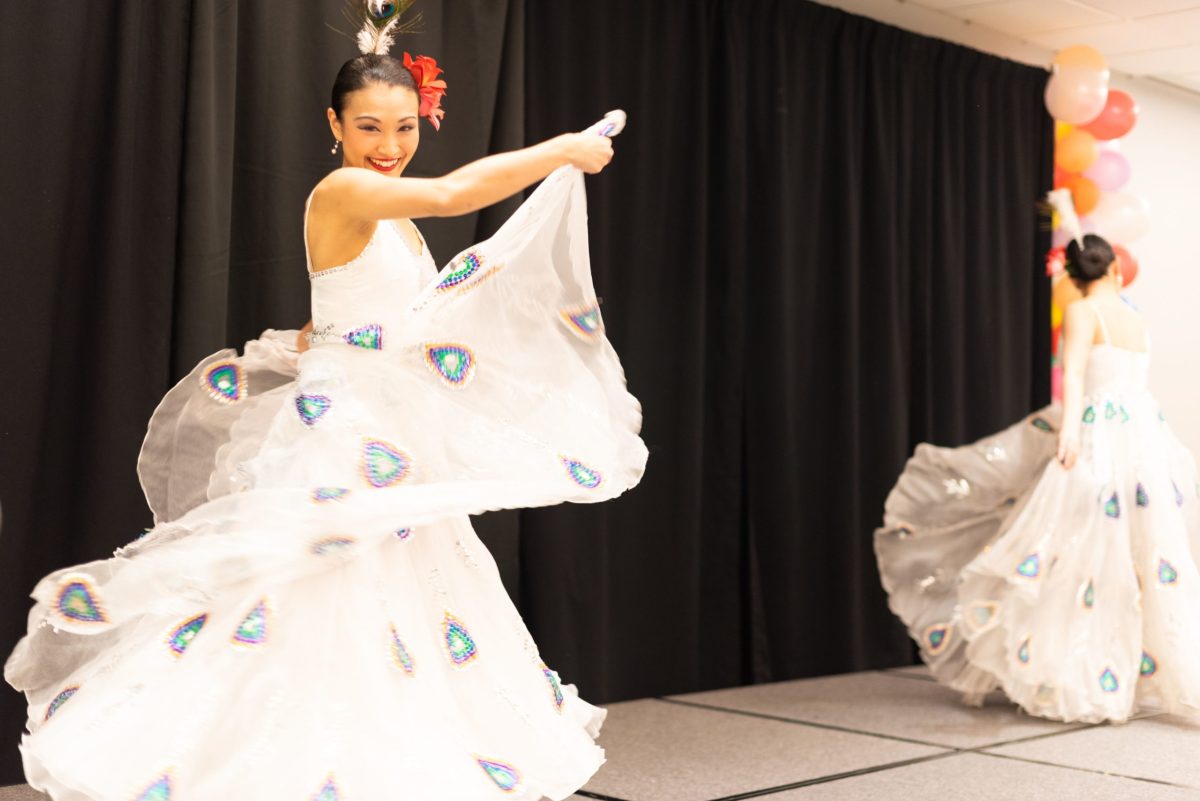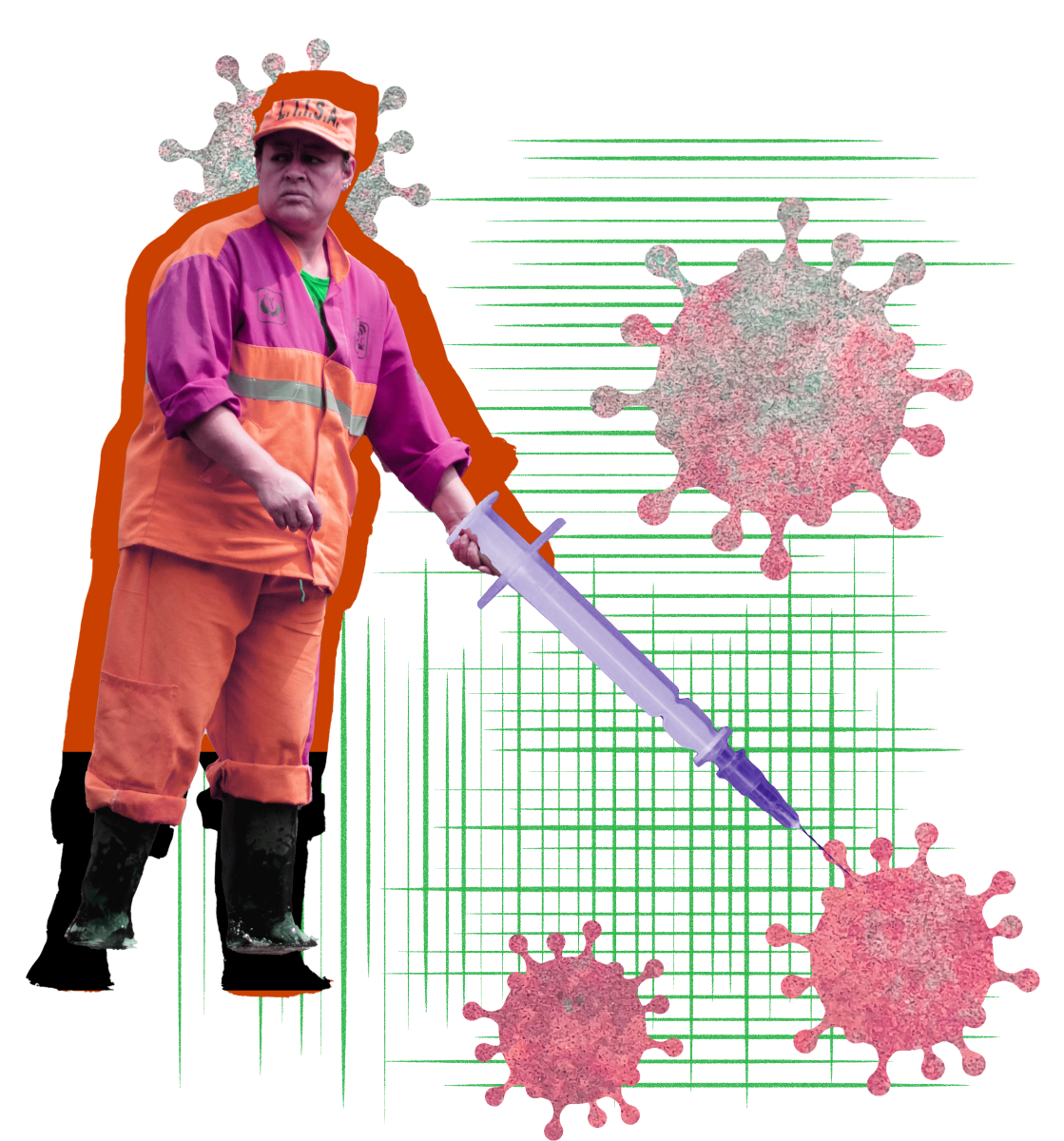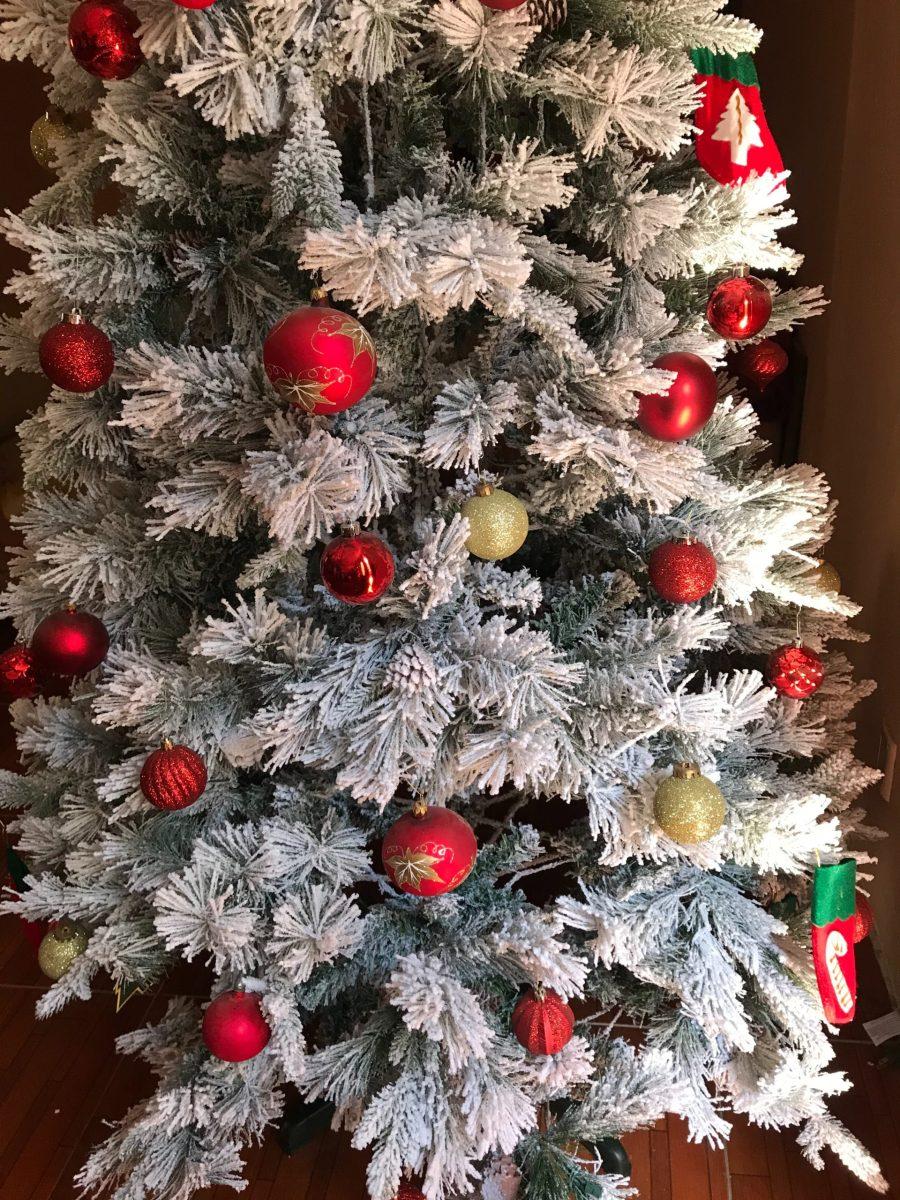On March 4, as the sun set and silence fell over NJIT just outside, the Campus Center Ballroom was brimming with the reverberations of Filipino tinikling sticks, the pounding of West African djembe drums and the swishes of Russian sarafan skirts. This night, students and faculty celebrated almost 20 different cultures during Student Senate’s inaugural Multicultural Festival.
Altogether, this event garnered over 400 attendees to delight in food, music, dance and fashion from various cultures. The Multicultural Festival included a cultural “marketplace” hosted by organizations, performances from both professional and student-run groups and a GDS-catered multiregional buffet.
Student organizations ran the show during the cultural marketplace, offering a whole range of foods from onigiri, to paneer, to Caribbean sodas. Groups invited students to join in on cultural or symbolic activities as well: FINEST’s tinikling dance gathered massive crowds, CUSA held an impressive activity of stretching hard sugared discs into delicate dragon’s beard desserts and Spectrum ran a cupcake decorating station.
Juliana Yang, the event’s organizer and a third year Biomedical Engineering student, said, “It really put a smile on my face to see the attendees interacting with the different cultural groups and how excited they were to learn about the culture, because it shows that our campus truly embraces diversity.”
Despite the laughter and festivities, the room always fell respectfully silent when professional dance groups entered the dance floor, including the Russian Ensemble Barynya, the Chinese Nai Ni Chen Dance Company, the Alborada Spanish Dance Theatre and the African Harambee Dance Company.
At one moment, students, faculty and photographers alike were all pulled onto the dance floor to follow the Harambee Dance Company’s traditional African dance routine. Omar Shah, a second-year Computer Engineering student representing the Pakistani Student Association cited this instance as his favorite moment: “Honestly, my favorite part has been the Harambee Dance. They involved all of us from all different cultures and I had so much fun, even though I usually never go in and dance like that. Being able to promote our club and being able to see and participate in other cultures has been really great.”
Yang also enjoyed this moment the most and said “this particular performance transformed the room into the festival I had envisioned.”
When prompted about what inspired the Multicultural Festival, Yang said that it was “inspired by a group of students from the African Student Association who attended the Student Senate elections debate last May. They addressed that there were a lack of cultural events on campus and that they struggled to find a sense of belonging for their culture. I noticed that although individual cultural organizations were hosting events for their own cultures, there was little crossover between the different cultures… I am indebted to all the student organizations who made this event possible. I believe this event has opened the doors for future collaborations with these organizations and I hope we can accomplish more things together.”
Several organizations felt this same sentiment. Catherine Yong, event planner of CUSA and a third-year Computer Science student said that “all these years being in CUSA, I always thought our purpose was to help people understand all of Chinese culture. That’s not really it for me anymore. Most people enjoy what we enjoy most about Chinese culture, and I love sharing it with them. You can see it with the Russian Club: they only debuted this semester. That is so interesting, because they already have so many people coming into their club because they’re interested in learning about that culture. That’s what makes this sort of collaboration so significant.”
Kayla Gomez, FINEST’s secretary and a third-year Industrial Engineering student, said, “This event is really meaningful, because it goes to show how diverse this university is and how diversity is a good thing. Seeing people wanting to get involved with your food and your dances is really inspiring. Despite some racism many of us face, especially with the outbreak of the coronavirus, and hearing stories about my friends getting harassed, it is so nice to have a community of people that can relate to you and your struggles. It can be challenging to be a part of a minority.”
However, not everybody was impressed. Nneka Irabor—an Information Technology major, president of NJIT’s senior class and president of the African Students Association—was one of the students that pitched the idea of a Multicultural Festival to begin with. “This is not how I envisioned my idea panning out. I wanted it to be a block party of sorts, on the CKB Green. Here, I’m not immersed in it. I’m just sitting here at this table, next to a decoration of the Eiffel Tower. I’m happy it’s happening, but it’s not how I wanted it to happen.”
Aishat Aminu, a senior Computer Science student mused, “The effort is nice, but I don’t know if it’s actually genuine. It reads as if they don’t really know what to do with the black population, so we can only get what we want if we’re represented on Senate. Since we’re not represented, we feel like an afterthought… Black History Month just concluded, and Senate wasn’t a part of it, so this gesture doesn’t feel genuine, because they didn’t support our official cultural events.”
Many noted a Multicultural Festival was at least a step in the right direction and quite a success, even if improvements could be made for the future. “Overall, as this was the first time NJIT has hosted a large-scale multicultural festival, we learned a lot about what we can improve on, should the festival be held again next year, to ensure that it is even bigger and better” says Yang. “I would love to pass this event on to the Student Activities Council because I believe they can contribute a lot to the growth of the event with their event planning experience… All in all, I hope the Multicultural Festival becomes an annual tradition at NJIT because it allows students to interact with the various cultures represented in the NJIT community that would have remained unknown to them had they not attended the festival.”
Photos by Katherine Ji | Photography Editor









































